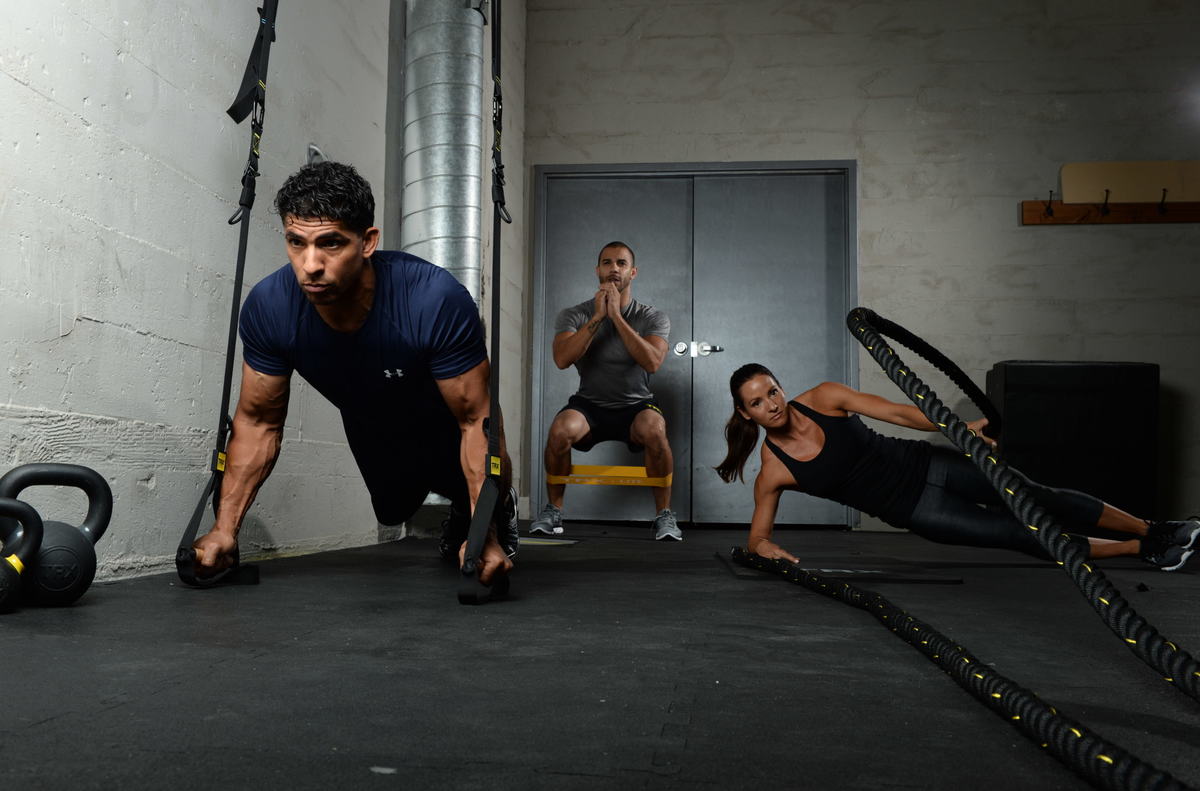Your body is a complex machine, and just like a complex machine, the fuel you consume affects your body’s ability to perform.
It may seem obvious, but outside of elite athletes, many of us often overlook the importance of optimal nutrition. We then find ourselves questioning why we struggle to shed pounds, improve our running speed (or endurance), lift heavier weights, or even make it to the gym regularly.
The truth is, diet and physical performance are closely intertwined. Food and water are fundamental for sustaining life, while nutrients nourish our body's cells, muscles, and brain, enabling them to function properly. Just like putting premium gasoline in a car, fueling our bodies with nutrient-dense foods helps us operate at our best.
Even if your aspirations don't involve becoming a professional athlete, embracing a nutritious diet offers significant benefits for overall health, motivation, energy levels, immune function, weight management, stress and anxiety management, and more. Whether you're aiming to feel better, enhance your appearance, achieve fitness goals, or become even fitter, a healthy diet plays a critical role.
Healthy Eating for Better Workout Performance
It’s not difficult to agree with these nutritional facts. What’s more challenging is to actually put this into practice consistently. But it is possible. Follow these recommendations on incorporating a healthy diet into your fitness goals.
- Emphasize fruits and vegetables. These are nutritional powerhouses, with many full of fiber and low in calories. Choose fresh seasonal options, look for some new recipes, and aim to include fruits and veggies in every meal.
- Choose lean meats and whole grains. If you eat meat, it’s healthier to opt for chicken, turkey, and fish over fattier red meats. For other protein sources, eat beans, legumes, eggs, and nuts. Skip white bread and white rice, and instead select whole-grain breads, whole-wheat pasta, brown rice, quinoa, and seeds.
- Incorporate low-fat dairy. Bypass whole milk, high-fat cheeses, and ice cream and substitute low-fat versions. Or if you can’t tolerate low-fat cheese (we get it!), limit your consumption of the regular kind.
- Hydrate wisely. That means taking in lots of water during the day, not just when you exercise. Favor water over coffee, juice, soda, and alcohol. If you’re bored with plain water, add fresh lemon, lime, or fruit slices, or try seltzer water.
- Reduce processed foods. While crackers, chips, baked goods, cereals, macaroni and cheese, and more taste good, many are nutritional landmines in terms of fat, sugar, and sodium content. Look for a healthier option before grabbing these.
- Eat regular meals. Don’t skip meals, which lower your blood sugar (and energy), slow your metabolism, and can lead to overeating or poor food choices later. Plan your meals, carry snacks with you, and try to stick to reasonably consistent meal times. Healthy, low-calorie snacks are fine if you need them.
- Be flexible. Food is one of the pleasures of life, and it’s all about balance. Don’t be so rigid that you’re unsatisfied. Follow the 80/20 rule, where you eat healthy 80% of the time but allow yourself some indulgences (with reasonable portion sizes) the other 20% of the time.
Pursue a healthy lifestyle with a nutritious diet and a consistent fitness regimen. It’s definitely worth the effort! As always, don’t hesitate to speak to your physician if you have specific questions about your diet and nutritional needs.


